|
Alone abroad can't be about 'finding oneself'. Not realistically. There is a crafty idealism to the millennial belief (I am not exempt here) that shoving one's savings into a one-way ticket out also buys the licence to stumble across one's calling. It begs the question: Out? Out of where? I've been running arounf remotely for nearly half a year now, and despite assuring myself I would have plenty of time to work, blog, earn, catch planes and take sunset snaps in a variety of exotic locations, what has been strongly reinforced that there is nothing glamorous about being in transit. And with a grungy sort of glory, I revel in that. With nowhere mandatory to be, and nobody to keep arrangements with, experiences in transit are fluid and shaped almost exclusively by people I have chanced upon in a moment of good humour. With enough time, and the right eyes, everybody has the potential to be revolutionary. It's the underlying premise of projects like Humans of New York, and why National Geographic has the power to humanise politics with something so simple as a front-page headshot. Of course, this rose-tinted view of our fellow man disperses in our over-peopled reality: we do not extract the life story of every librarian and dentist we come across. There are buses to catch and meetings to make and Facebook posts to scroll through. We simply don't have the energy for it. There are too many of us, and too many things we tick off in a day. Who needs to fall in love with humanity twelve times over in an afternoon? It's exhausting - it's just that we somehow believe we're wrong in saying that. Looking out, not in Traveling alone has given me the space to daydream and wander without critical self-examination. I don't believe I need to be traveling, or even alone, to do this. However, the daily labour of earning my way forward and the ever-unfamiliar surroundings provide a shift in focus, making it easier to look at everything from a distance. Excessive introspection is like examining a bowl for structural flaws with a headtorch. Any harmless irregularity in the glaze can seem more physically marred than in regular daylight. A few months of comfortable distance and I am finding myself far more amenable to the general populace who walk, talk, and think much the same as me. Having worked in the service industry for the past four years, I have developed an almost comical distaste of crowds and The Noisy Public, and am relearning the magic of the individual human being one clumsy conversation at a time. A weird spinoff is that I have developed infrared sensitivity to group selfies. It is a simple kindness to offer to take a photo for someone, and their gratification is usually disproportionate by comparison. Too many people walk by each other unseeing. Stepping out of a comfy clique to become the nondescript stranger has made me aware of how often another's discomfort, big or small, goes unnoticed. People can be cool After tough schooldays, my Dad made a (probably subconscious) point of teaching me 'good life stuff' during the drive home. I can see the scouts hall on the hill near my first school and feel the sticky leather of the passenger seat as I write this, because he almost always brought up this particular topic at the same corner. The original quotation I suspect he was referencing is attributed to Eleanor Roosevelt: "Small minds discuss people, average minds events, and great minds, ideas." If I recollect correctly, what my Dad said whenever I relayed my latest oddball escapade and its unfortunate consequences: "Boring people talk about people. Average people talk about events. Exciting people talk about ideas." It was a source of comfort during times of moody adolescent isolation to once again sit at Dad's knee (or behind a slammed door) and turn his pearly wisdoms between my fingers. The planet is bustling. But people en masse aren't representative of the individual alone. Friendship on the fly Traveling alone catalyses the formation of close companionships. These friendships are pithy and authentic because they are transient. Last week's acquaintances become this week's supportive shoulder. Conversations get gritty and real. The inevitable parting brings out the best in friends - we become even more generous and forgiving - and all that social nicety and beating about the bush falls flat. If you really want to make plans, you really will keep them. And if you really do flake, they really will forgive you. I have met some incredible people as I have moved between cities and jobs. I've been offered beds and meals and company with which to share a stretch of road in silence. There have been mentors who invested more time than they could spare teaching me the ropes (literally) or demonstrating the intricacies of managing a commercial kitchen at high speed. There will be a leg up or a well-timed word of encouragement. People will surprise you with their humanness. The interim periods, when one is alone (and in my case, often on duty and housebound), there is little escape from oneself. There is only one solution: to take Dad's advice and grow to be more exciting. I've always rather enjoyed being on my own, but it's a privilege to have the time to be. I'm pretty sure that Ancient Greece and her philosophers were the last to consider being lost in thought a valuable use of time, but I'll claim it while I can.
Sure, travel grows you. Traveling alone especially. But only because it's sometimes hard. If it's not sometimes lonely, it's not new. And without new, there is no excitement.
0 Comments
A recent turn of fortune saw me lifted from the excruciating introspection inherent to job-hunting and dropped onto the other side of the screen. Going from one extreme (unemployed, uncertain, but uninhibited) to the other (hired, habituated, hardened) serves as a point of reflection. While reading the replies to a job advertisement I recently posted, I have been forced to question what successfully guides someone to the end of a CV. Some of the stumbling blocks are easily avoided by a simple proofread. In an effort to improve my own CV I have jotted them down and put them here. However, I suspect I am preaching to an audience of great CV-writers, and merely joining the shout of a thousand other recruiters into the void that will never reach those who I suspect need the advice the most. Forgive the rant to follow. It was a long night reading. Here is my updated CV gospel. The rules1. Know your recruiter No, seriously. I am not suggesting it is always necessary to launch a background investigation as intensive as some of the Ted Talks email whizzes suggest, but it really helps to address the intended recipient about the correct vacancy. If this seems obvious, I will mention that I recently received an application addressed to a John, and I am confident in the knowledge that this is neither my name, nor, despite the softening of rigid gender-binary nomenclature, my sex. The email also referred to a role I wasn't even in a position to offer. 2. Send one mail. Just one. Please. There is no valid explanation for separately firing off each reference under its own subject. Spam stays spam no matter the title. 3. CV photos always involve a third party I managed to burn a sizeable second-degree smatter across my face the day before I was due for a passport photograph. Trying to find an existing replacement (against a white background, not smiling, directly facing the camera and displaying both ears) was a fair runaround my phone's camera roll. Despite this frustration, I am still unsure as to why two-thirds of the CVs I have been sent are accompanied by busty high-angle selfies that crop off the chin. The self-timer icon lurking in most camera settings is underused, but when discovered, saves the need to bother a friend. The benefit to asking a friend, however, is that the resulting headshot is less likely to have that strained expression we associate with the mafia and constipation. 4. How hiring happens The superyachting industry is a highly saturated and competitive one, as I suspect is increasingly the case in every field when one is starting out. After a vacancy on a 'big white boat' is advertised, most applications will be received and reviewed within a day, usually beginning around mid-morning. Whilst it is still possible to crack the nod at the twenty-third hour, chances are if it's your Mum over Facebook Messenger and she hasn't followed the instructions but makes a point of building you up before you deign to make contact yourself, you haven't made a great first impression. Yes, this happened. 5. A great subject line never hurt Name - role - key word, preferably some sort of differentiator to highlight why you're the hottest thing since the chilli sauce that sizzled my face. Send. With more and more gmails erroneously ending up in junkmail, rather forgo the question marks and exclamation points. 6. Flair What initially separates an impressive candidate from everyone else is their ability to express themselves on paper. It's no secret that I place more weight on words than the average person, but when words are all you have to capture the reviewer in the first two sentences, a foolproof template helps. As does a sense of humour. Try humanise the reader. I wouldn't lead with "Hi...", but something less robotic than "To whom it may concern..." is preferable. It's a delicate balance of using unusual phrases that won't also crop up in the next thirty CVs. Some adjustments I like: hard-working stamina / diligence attention to detail meticulous ready for the learning curve feet-first into the fray enthusiastic to apply excited about your call for applications working with children early education and development team-player invested in the group self-motivated love taking red pen to my own checklist These are my priorities when I review an applicant or, more often, proofread my own CV. I cannot speak for the intensive recruitment process of multinationals and other white-collar corporates. I am still stumped as to what got my foot through the door for my first management consulting interview because the entire experience felt offbeat and labyrinthine. What I do know is that most people I have spoken to dread sending CVs as much as I can now state the recipient dreads reading them. With a little spellcheck, and a reply to even the unsuccessful applicants, hopefully what often feels like a cattle market can be transformed back into what it really is - the chance for two people who need each other to evaluate whether they could work together to address a problem. |
Archives
July 2018
Categories |
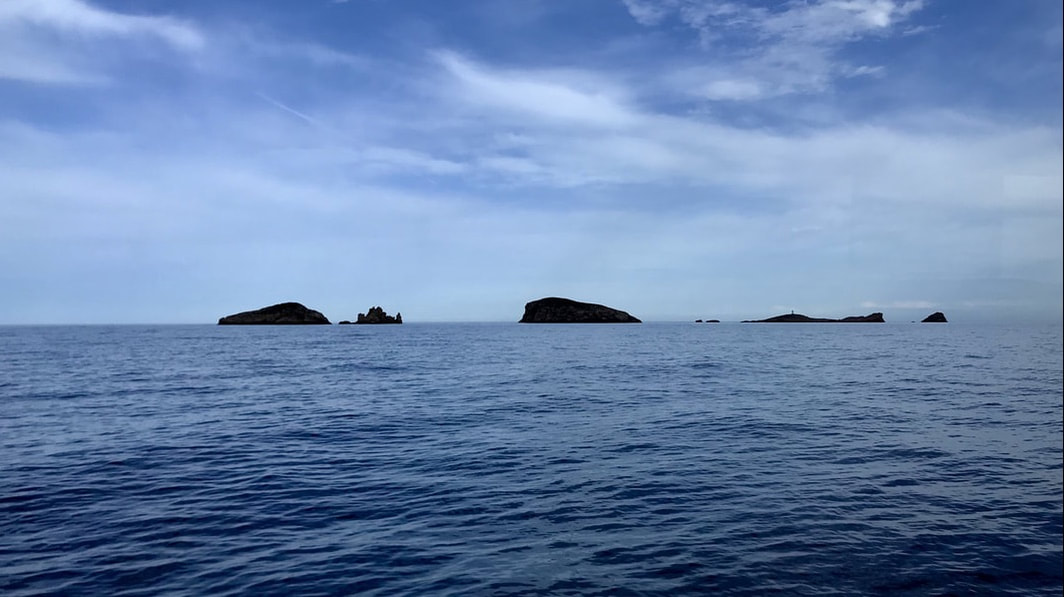

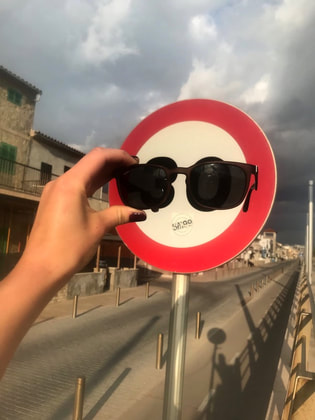
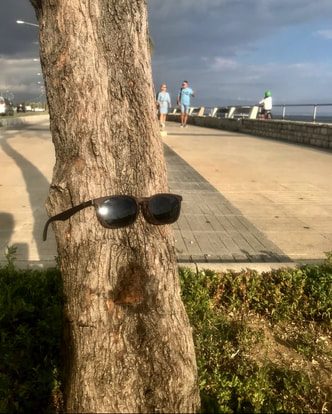

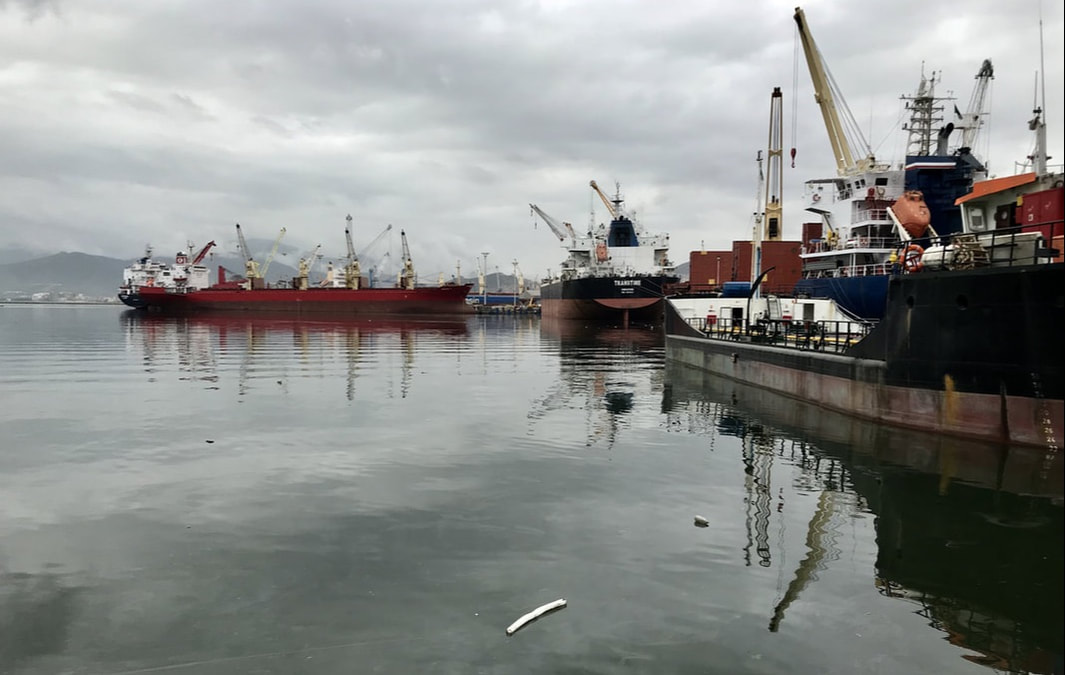

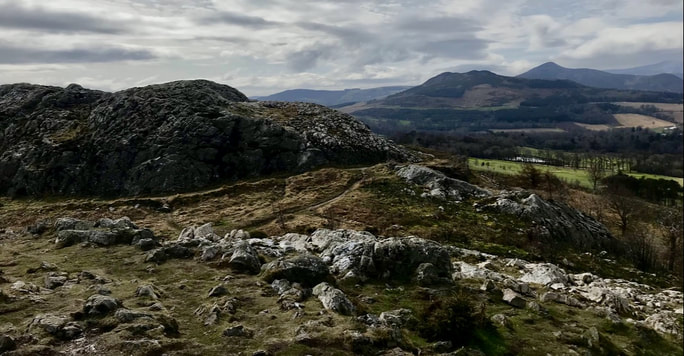
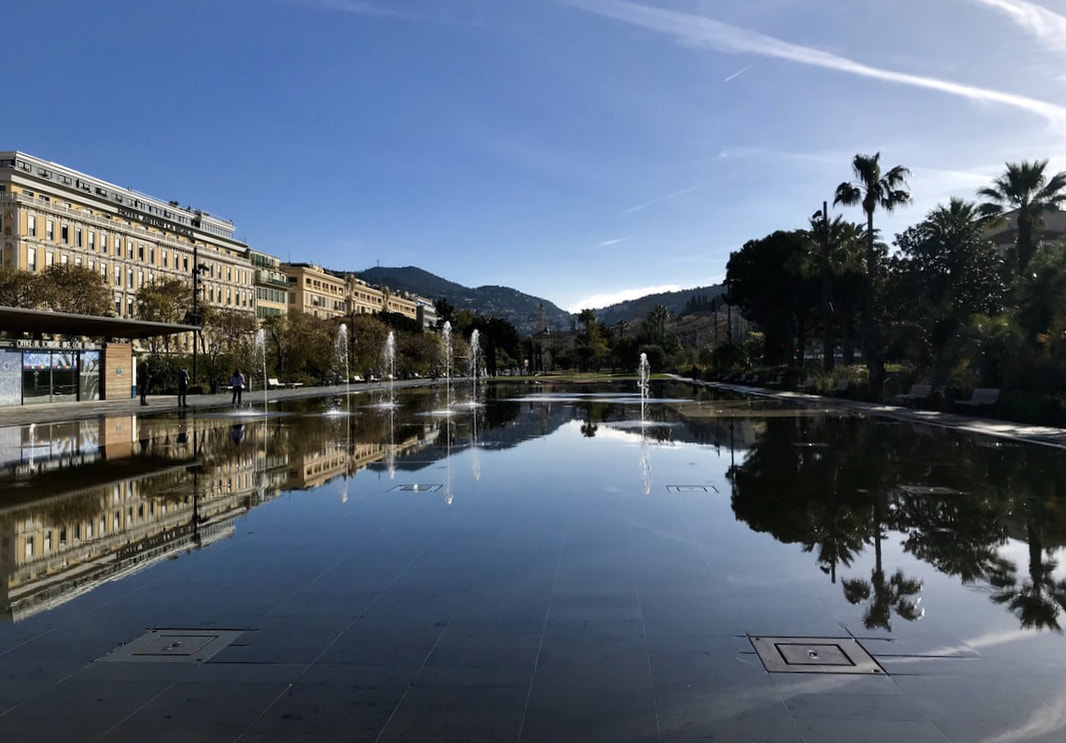
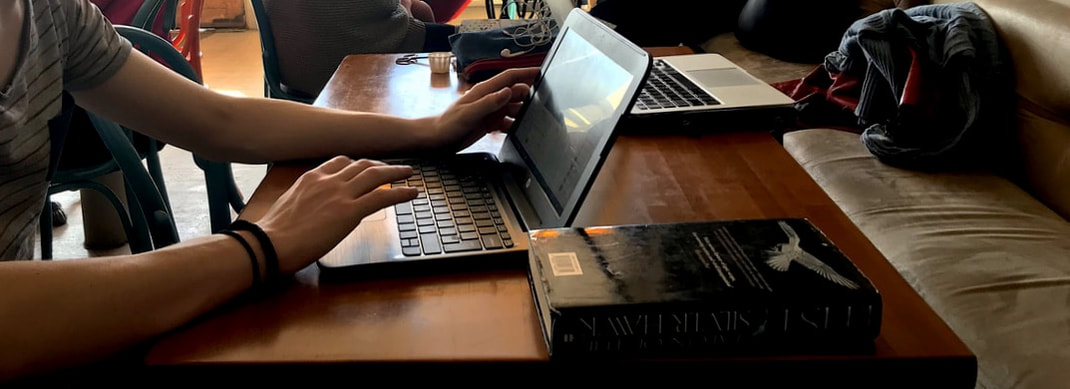

 RSS Feed
RSS Feed
